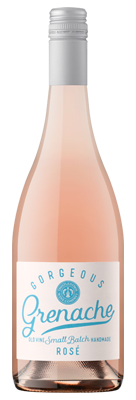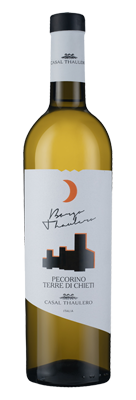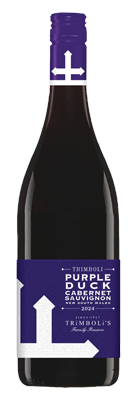Filter by
- In name and nature... gorgeous Grenache pretty and satisfying in pink from Grenache masters!$26.00 RRPfrom $21.25 when you mix 12+
- $25.00 RRPfrom $17.99 when you mix 12+
- A fruity and grassy-fresh, frequent Gold-winning Marlborough Sauvignon from a pioneering estate.$25.00 RRPfrom $21.99 when you mix 12+
- NEW from Durif devotee, Sam Trimboli with 2 Golds, a Trophy – and all the finesse you'd expect!$18.00 RRPfrom $12.99 when you mix 12+
- A delicious exclusive epitomising the value and quality offered by Langhorne Creek and Lake Breeze.$25.00 RRPfrom $17.99 when you mix 12+
- Enjoy lightly tropical Sauvignon with fresh citrus Semillon in this Margaret River classic white.$21.00 RRP$17.99 when you mix 12+
- A crisp 91pt Chardonnay from the cool climate Adelaide Hills, showing great balance and composure.$34.00 RRPfrom $29.99 when you mix 12+
- Secret 5-star vintage Rioja Gran Reserva – with all the silky quality and a GREAT price!$40.00 RRPfrom $29.99 when you mix 12+
- Tuck into this lusciously decadent beast of a Blackstrap with relish – and a degree of care...$28.00 RRPfrom $19.99 when you mix 12+
- Adelaide Hills Sauvignon from Tim Knappstein – varietally bang on, with scores of 90, 92 and 93pts,$24.00 RRPfrom $18.99 when you mix 12+
- A gorgeous aromatic, Adelaide Hills Gris with pear, Granny Smith apple, lemon, lime zest & lychee!$30.00 RRPfrom $24.99 when you mix 12+
- Fresh, bright and pear-scented Gris from vineyards in the Adelaide Hills.$22.00 RRP$18.99 when you mix 12+
- $18.00 RRPfrom $12.99 when you mix 12+
- Bright, excellent value Chianti from award-winning maestro Paolo Masi.$30.00 RRPfrom $21.99 when you mix 12+
- Don't wait for a party. Pop this tasty Aussie fizz to turn any occasion into a bit of a celebration.$20.00 RRPfrom $13.49 when you mix 12+
- A long-time favourite Cabernet, this year using fruit from Langhorne Creek & Coonawarra.$22.00 RRPfrom $14.99 when you mix 12+
- Irresistible bright peach fruit in this tasty Chardonnay Pinot Grigio from Sam Trimboli$18.00 RRPfrom $11.99 when you mix 12+
- Outstanding, exclusive Shiraz with Double Gold, from multi award-winning winemaker, Michael Fragos.$42.00 RRP$23.99 when you mix 12+
- New exclusive Riesling, with a Gold already, from one of Australia's oldest family owned wineries.$25.00 RRPfrom $19.99 when you mix 12+
- Freshly landed, amusingly named and easy drinking Chardonnay from the great Sam Trimboli.$18.00 RRPfrom $12.99 when you mix 12+
- Well-balanced, generously fruited McLaren Vale Shiraz from the Curtis family winemakers since 1973.$150.00 RRPfrom $99.99 when you mix 12+
- A new addition to Sam Trimboli's 'Duck' family - a fabulous, elegant Cabernet.$18.00 RRPfrom $12.99 when you mix 12+
- Prettily-labelled, Aus-meets-Italy Cab and Sangiovese from the dynamic McPherson Wines.$25.00 RRPfrom $19.99 when you mix 12+
- At the heart of the Coonawarra grows row after row of sensational Sauvignon Blanc...$25.00 RRPfrom $15.99 when you mix 12+






























